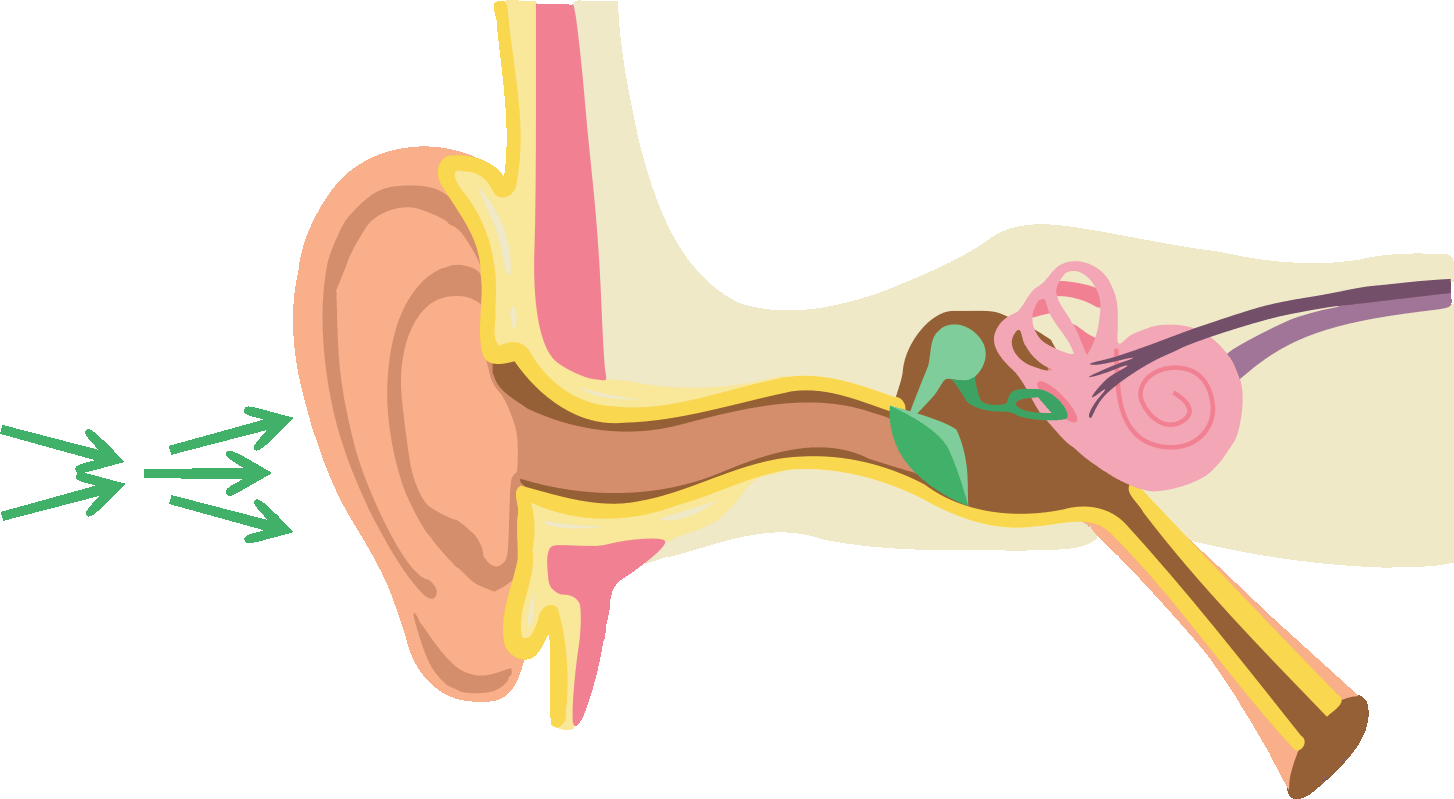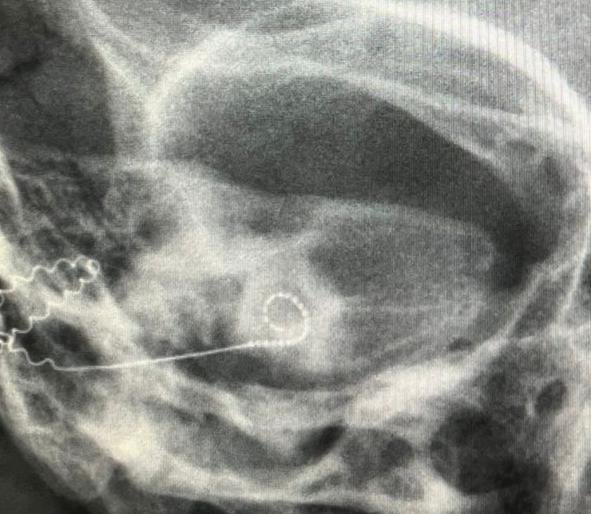
Cochlear Implant
Discover the World of Sound: Your Journey with Cochlear Implants Begins Here
A cochlear implant is an electronic device that may be an option for people who have severe hearing loss from inner-ear damage and who receive limited benefit from hearing aids.
Unlike hearing aids — which amplify sound — a cochlear implant bypasses damaged portions of the ear to deliver sound signals to the auditory (hearing) nerve.
Cochlear implants use a sound processor that fits behind the ear. The processor captures sound signals and transmits them to a receiver implanted under the skin behind the ear. The receiver sends the signals to electrodes implanted in the snail-shaped inner ear (cochlea).
The signals stimulate the auditory nerve, which then directs them to the brain. The brain interprets those signals as sounds, though these sounds won't be just like normal hearing.
It takes time and training to learn to interpret the signals received from a cochlear implant. Within a year of use, most people with cochlear implants make considerable gains in understanding speech.
What is Cochlear Implant Surgery?
Cochlear implant surgery involves placing a small electronic device in the ear to help provide a sense of sound to individuals who are profoundly deaf or have severe hearing loss. Unlike hearing aids, which amplify sound, the cochlear implant bypasses damaged parts of the ear to directly stimulate the auditory nerve, allowing for the perception of sound.
Why it is done?
Cochlear implants can improve communication and quality of life for people with severe hearing loss who receive little benefit from hearing aids. Increasingly, cochlear implants in both ears (bilateral) are accepted as standard care for the treatment of severe hearing loss — particularly for infants and children who are learning to speak and to process language.
Who Benefits from Cochlear Implants?
For Children:
Young Kids with Hearing Loss: Babies and young children who are born with severe hearing loss or who lose their hearing very early in life can benefit. It helps them learn to talk and understand others.
Children Who Lost Hearing After Learning to Speak: Some children lose their hearing after they have started to speak. Cochlear implants can help them keep their speech and understand others.
For Adults:
Adults Who Used to Hear: Adults who have lost most or all of their hearing but used to be able to hear can benefit. The implant can help them regain some hearing.
Seniors with Hearing Loss: Older adults who have severe hearing loss can also benefit, as it can improve their ability to communicate with others.
Important Points:
Not for Mild Hearing Loss: Cochlear implants are not for people with mild or moderate hearing loss.
Evaluation Needed: Doctors will check if a cochlear implant is the right choice. They look at how much hearing is lost, what kind of hearing loss it is, and how well someone might do with the implant.
Commitment to Therapy: Especially for children, therapy after getting an implant is important to learn or relearn how to hear and speak.
Components of the Cochlear Implant
The cochlear implant consists of two main parts:
External Component: This includes a microphone, speech processor, and a transmitter. The microphone captures sound, the speech processor analyzes and digitizes the sound into a signal, and the transmitter sends the signal to the internal component.
Internal Component: Implanted surgically, this consists of a receiver and an electrode array. The receiver gets the signal from the transmitter and sends it to the electrodes in the cochlea, which stimulate the auditory
"Our little one received her cochlear implants at 18 months, and the difference has been astounding. Her speech development has progressed so quickly; she's now using words and phrases to communicate with us. We're beyond thankful for this incredible leap in her growth and development."
Preparing for Surgery
Comprehensive Assessment: Including hearing tests, medical evaluation, and imaging studies to determine candidacy.
Understanding the Process: Patients are counseled about what the surgery entails, the risks involved, and the postoperative rehabilitation process.
Pre-Surgery Instructions: Typically involve fasting guidelines and medication management.
Post-Surgery and Rehabilitation
Initial Recovery: Postoperative care focuses on managing pain and monitoring for any complications. The implant is usually activated a few weeks after surgery.
Audiological Rehabilitation: Critical for adapting to the cochlear implant. Includes regular programming (mapping) sessions and auditory training.
Speech-Language Therapy: Particularly important for children to aid in language development and for adults to adjust to hearing with the implant.
Postoperative Audioverbal Rehabilitation
Audioverbal Therapy (AVT): A specialized form of therapy that focuses on teaching deaf or hard-of-hearing individuals to use their hearing to understand speech and speak. This therapy is essential for patients post-cochlear implant surgery.
Goals of AVT: Include developing listening skills, enhancing speech production, and improving communication abilities.
Family Involvement: Particularly with children, family involvement is crucial in AVT to reinforce listening and spoken language skills in everyday life.
Risks of Cochlear Implant Surgery
Like any surgery, there are risks, which may include:
Infection at the site of the implant.
Risk of meningitis, though this is rare.
Possibility of damage to facial nerves or the inner ear structure.
When to Contact Your Doctor
Patients should consult their healthcare provider if they experience:
Signs of infection like fever or swelling.
Issues with the implant site.
Changes in hearing or discomfort.
Disclaimer: The information provided in this section is intended for general educational purposes only and should not be considered as medical advice. This content does not cover all possible scenarios and should not be used as a substitute for professional medical advice, diagnosis, or treatment. We strongly advise you to consult with your doctor or a qualified healthcare provider if you have any questions or concerns regarding your medical condition or treatment.




